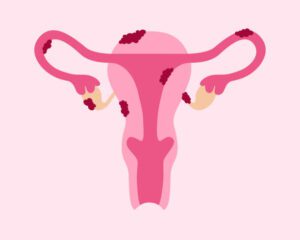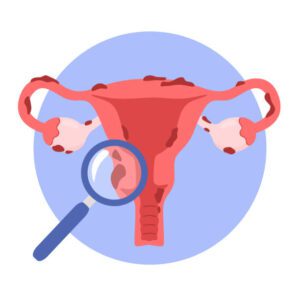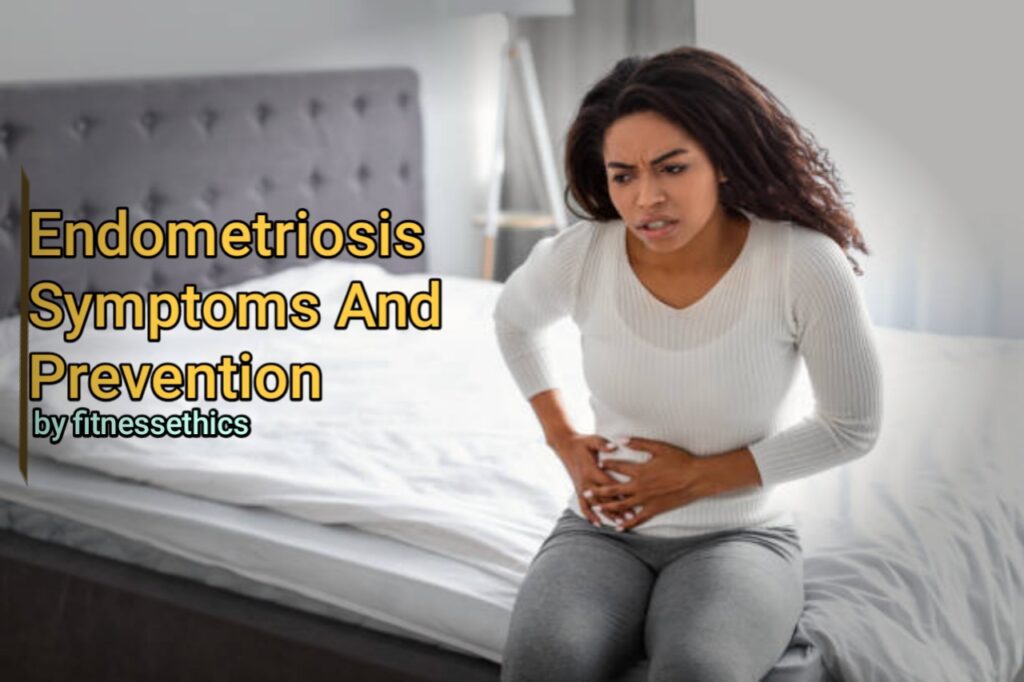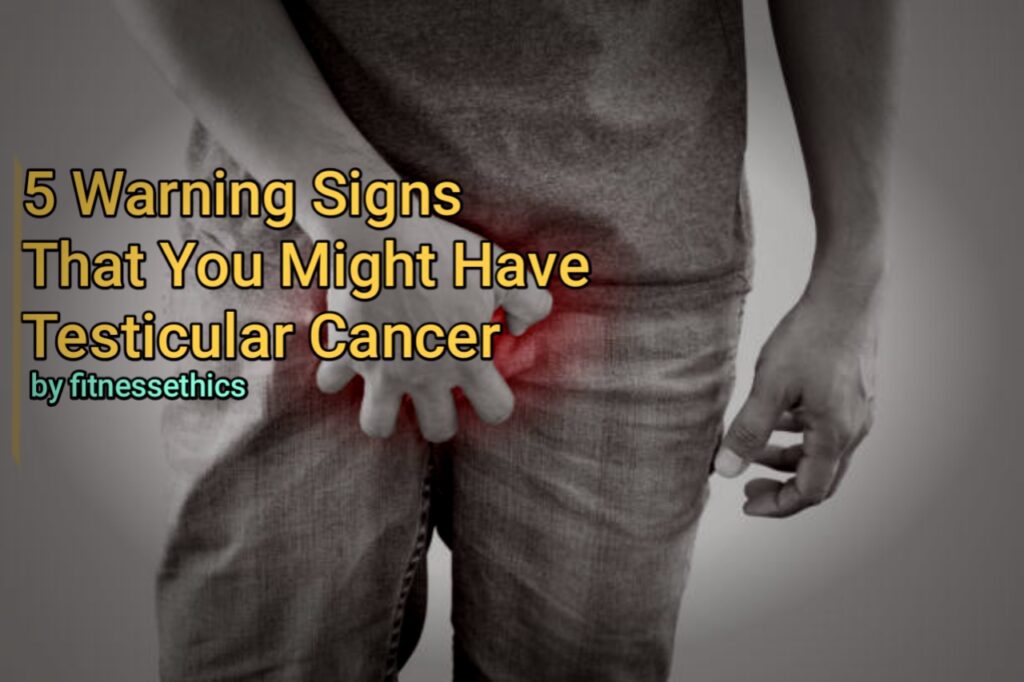Endometriosis occurs when there are endometrial tissues elsewhere than in the lining of the uterus. This basically means that the tissue that lines a woman’s uterus has grown outside of the uterus. 1 in 10 women is affected by endometriosis during their reproductive years.
Endometriosis will eventually lead to infertility as the reproductive organs like the ovaries, fallopian tubes, the tissues that support the uterus and outside of the uterus will be affected. These organs and regions are necessary for child development, and a foetus won’t develop under the abnormalities of the uterus. Endometriosis is just another uncommon disease that affects the female reproductive system during their reproductive years.

Endometriosis symptoms might not be as noticeable as you might see these symptoms as typical. If by any chance you feel or see any of these symptoms, you should consult a medical professional to undergo a specific diagnosis.
- Back pain during your period
- Severe menstrual cramps
- Pain when pooping or peeing, especially during your period
- Unusual or heavy bleeding during periods• Diarrhea or constipation
- Painful sex
- Fatigue that won’t go away
- Trouble getting pregnant
These symptoms might not be connected to endometriosis after diagnosis, but it’s always better to run check-ups when you feel or see anything unusual in your reproductive part. These pains would get momentous if not attested to. Your unusual menstrual flow would become atrocious if not attested to. You should monitor even the slightest change in your menstrual cycle.
Endometriosis occurs at all reproductive ages (15–45), which obviously varies in women, but the point here is that as a woman, you have a modest chance of having it. How do we prevent endometriosis? Well, run a diagnosis periodically.

Always keep track of your menstrual cycle. Shorter cycles, heavier and longer periods, place you at a higher risk.
Pregnancy may temporarily decrease the symptoms of endometriosis. Women who have never had children are at an increased risk of developing the disorder. However, endometriosis can still occur in women who’ve had children. This supports the understanding that hormones influence the development and progress of the condition.
Endometriosis cells are not cancerous, so they won’t be treated the way cancerous cells are killed. After research, doctors still don’t know the cause of endometriosis, though some experts have proposed that some menstrual blood cells may contain endometriosis cells.
[starbox]



